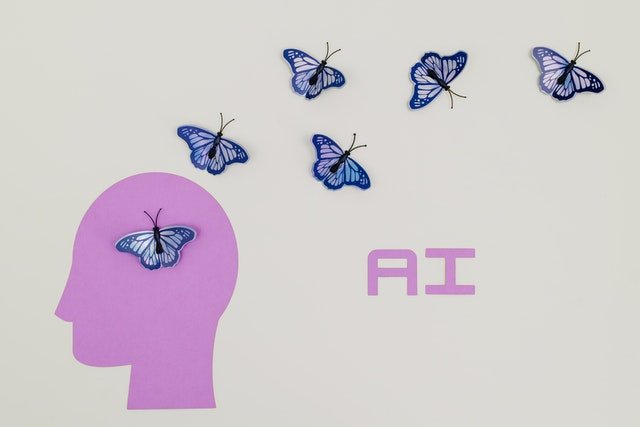
Right now I am reading Life 3.0 by Max Tegmark. It’s a book about Artificial Intelligence and it spells out the implications for society when or if we ever develop of a truly sentient AI.
Google, IBM, Microsoft and the other tech big players are all trying to create a sentient artificial intelligence. You may have heard recently about the Google employee who was suspended from work after publicly stating that he believed the AI program under his own development was displaying sentience.
Whilst most other researchers (albeit from a distance) agree that this is, for the time being, unlikely, there can be no doubt that current (non-sentient) AI software is becoming increasingly competent at more and more tasks. Tasks that were once seen as being only within the realms of human capability.
Every year, the range of tasks that AI can competently perform increases to encompass activities that are currently people’s 9-5 job. This is similar to the way mechanization has been absorbing low-skill jobs for over a century. Combine ever more precise mechanization with ever more dexterous AI and the trend is clear: no-one’s job is safe!
AI drives many of today’s behind-the-scenes decision-making. Google use AI to better tailor its search results for us. Amazon uses AI to audit, manage stock flows and offer users personalized recommendations. Hedge firms use AI investment software to make better trading decisions. Even doctors and surgeons are using AI to better diagnose patients.
Max Tegmark describes the body of tasks that AI can competently perform as an ever-rising sea. Picture a group land masses, with hills,valleys and mountainous ranges, and imagine this landscape as those tasks that are still too advanced for computers to perform. These represent jobs and skills that only humans are able to do. The lower hilltops might represent medium-level skills such as language interpretation, data processing, etc. The highest mountain peaks represent those tasks that AI finds very difficult to perform - art, composition, engineering, theoretical physics...

Slowly, as AI becomes more competent, and it’s intelligence level rises, so too does the sea-level, and so parts of these land masses become submerged - engulfed by the competence of AI.
The advent of driverless cars puts taxi drivers on the very cusp of being out of work. They stand upon the very shoreline of progress, just waiting to be submerged. Soon, it might be bank clerks, accountants or lower-level clinicians.
How long before your own job becomes under threat by competent AI? It’s an important ethical question to consider, and may have far-reaching implications that are felt throughout society in the coming years.
When more and more people’s jobs are being replaced by machines, working for the fraction of the cost, what do these jobless people do with their time? Are there a finite number of jobs available for people in an economy? Will new sectors open up like new volcanic islands? Or will we find that we are in competition with AI for work?
Part of my income comes from making art, an activity once seen as residing on one of the higher peaks of the task landscape. But there has been recently a rise in AI art software that can churn out beautiful images of all kinds and styles at the click of a button. It shows us that computers are slowly getting a handle on creativity. What does this mean for us as a society?
I am at once intrigued, fascinated and slightly alarmed at the rate of AI’s integration with a plethora of industries and sectors. Some people can even foresee a time when there is little useful work left for humans to do. If we ever reach that point, what would we do with our time? How could we make a meaningful difference to the world around us? How could we earn money?
Tipping-point level AI may still be quite some time away, it doesn’t mean that there won’t be interesting issues to tackle well before then. 150 years ago people in their droves were forced to migrate from rural jobs to city and factory jobs because the tractor, the combine harvester, other farm machinery spelled the end of centuries of traditional employment. Now we face a similar shift in economic activity.
Some governments are already conducting trials of shorter working weeks or universal incomes to tackle the shortages in jobs. One thing is certain, the future that my children will grow up in is going to be vastly different to the one in which I grew up, as we each search for a meaningful contribution to society and ask what it means to be human.
Image credits: Tara Winstead and Alex Azabache
Technology have made things easier
Yes, that's true. In general, people are living longer, healthier more wealthy lives. However with every step of progress comes unpredictable disruption. There are so many interesting conversations to be had around AI.
Congratulations @mattbrown.art! You have completed the following achievement on the Hive blockchain and have been rewarded with new badge(s):
Your next target is to reach 2000 upvotes.
You can view your badges on your board and compare yourself to others in the Ranking
If you no longer want to receive notifications, reply to this comment with the word
STOPSupport the HiveBuzz project. Vote for our proposal!
👍💪🇦🇷